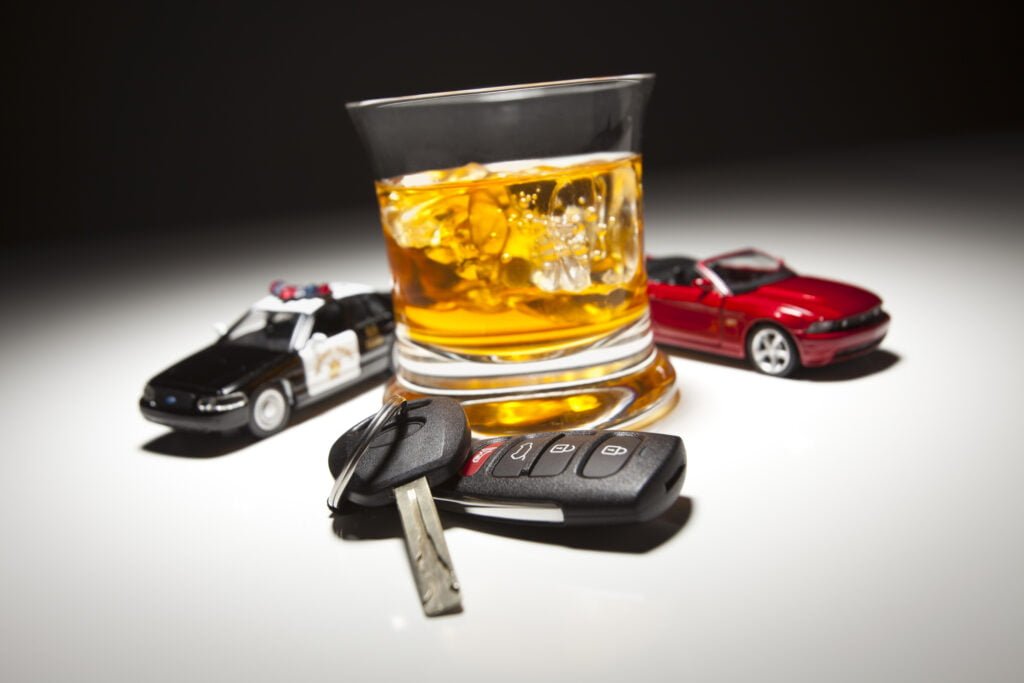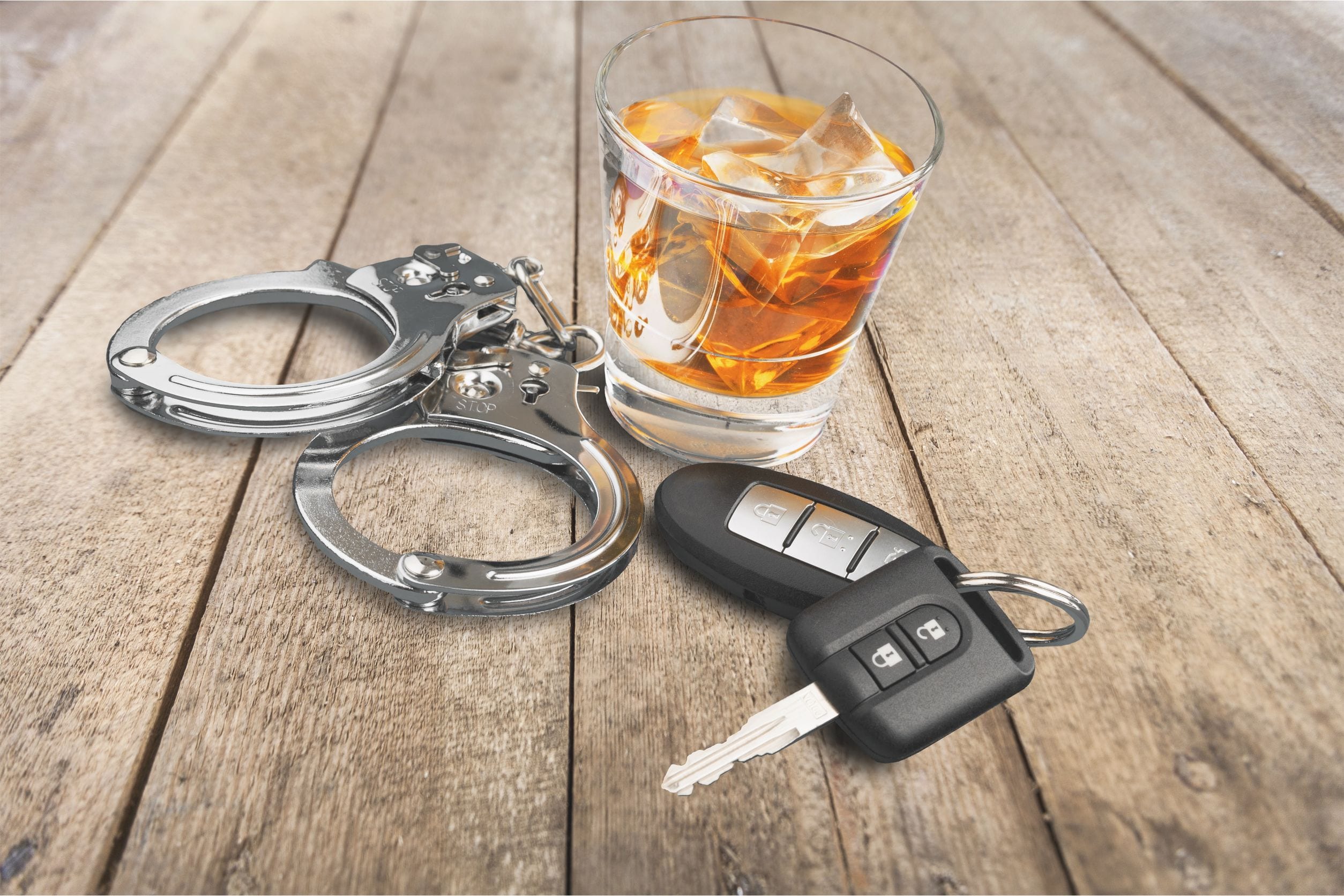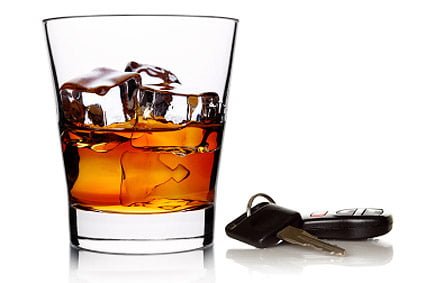
by Jay
DUI Litigation
DUI Litigation: Dealing With a DUI or DWI Charge.
Sometime after your arrest for a DUI (driving under the influence), you will have to appear before a judge for your “arraignment”—which is typically the first court date. Depending on the circumstances—mainly, whether you are in jail or not—the arraignment might occur soon after your arrest (within a day or so) or weeks or months later. With most criminal cases, there isn’t much to do before the arraignment happens. But with DUI litigation, it is typically necessary to take action within days of the arrest to contest an administrative license suspension imposed by the Department of Motor Vehicles (DMV) that will otherwise go into effect automatically.
Read on to find some basic information about dealing with DUI charges, including how to contest administrative license suspension, what happens at an arraignment, and the options for resolving a DUI charge in court.
What You Need to Do Before the Arraignment
Generally, implied consent laws allow the DMV will administratively suspend the license of any driver who is lawfully arrested for driving under the influence and fails or refuses to take a blood or breath alcohol test.
You can fight an administrative suspension. But if you wish to do so, you need to request a hearing with the DMV within days of your arrest. Each state sets its own rules, but drivers are normally required to request a hearing within 10 days or so of the arrest.
When you request a hearing, it typically puts the administrative suspension on hold, pending the outcome of the hearing. For drivers who don’t request a hearing, the DMV will automatically impose an administrative suspension, which generally begins 30 days or so after the arrest.
What Will Happen at Your Arraignment
At the arraignment, the judge is supposed to inform you (the defendant) of your charges and certain rights. But arraignments aren’t just for legal formalities. If you’re still in jail, the judge will normally set the bail amount or release you without any bail (called “own recognizance” release).
The judge will also want to know what you plan to do about having a DUI attorney and will likely appoint a public defender for you if you can’t afford to hire your own DUI lawyer.
Next, the judge will normally ask how you want to take a plea. Typically, the options are guilty, not guilty, and “nolo contendere” (no contest). Although some defendants might want to plead guilty and get it over with, most will enter a not-guilty plea at the arraignment. At this initial point in your case, a not-guilty plea just allows you to keep your options open—which is normally the best tact.
Options for Handling Your Case
After the arraignment, it is time to decide how best to handle your DUI litigation. This is where the input of an experienced DUI attorney is crucial. Generally, it comes down to two options: plea bargaining and fighting the charge.
However, the two options aren’t always mutually exclusive. In many cases, a defendant will try to beat the case by filing pretrial motions such as a motion to suppress evidence. And, if the motions don’t get the desired results, the defendant might decide plea bargaining is the best remaining alternative.
Similarly, defendants who start out plea bargaining but can’t reach an acceptable deal with the prosecution might change course and opt to go to trial instead.
How DUI Plea Bargaining Works
Plea bargaining refers to the process where a criminal defendant (or the defendant’s attorney) and the prosecutor reach a compromise.
In essence, this compromise amounts to the defendant agreeing to plead guilty or no contest plea to a criminal charge in exchange for the prosecutor agreeing to penalties that are less severe than they otherwise could be following a conviction at trial.
Most DUI plea bargains result in the defendant pleading to a DUI charge. But in some states, it is possible for a person who is charged with driving under the influence to plea bargain for a non-DUI charge. When a defendant is able to get a DUI reduced to a reckless driving charge, it is sometimes called a “wet reckless.”
Typically, you will be able to get a better plea bargain when there are some weaknesses in the prosecution’s case or significant mitigating factors. And your bargaining power diminishes when the evidence of guilt is strong (and there don’t appear to be viable defenses) or the offense involves aggravating circumstances (such as an accident or a high blood alcohol concentration).
How DUI Trials Work
As with all criminal cases, the prosecution has the burden of proving DUI charges beyond a reasonable doubt. If the prosecution can’t do this, the jury (or the judge) is supposed to acquit the defendant.
DUI trials typically take anywhere from a few days to a week or so. The first order of business is jury selection. It often takes the defense and prosecution at least a full day to pick the jurors that will decide the case (the process gives both sides some control over jury selection).
Next, the defense and prosecution will present opening statements, in which they tell the jury what they believe the evidence will show.
But the real meat of a trial is the presentation of evidence. In DUI litigation, the prosecution—having the burden of proof—presents evidence first. Depending on the circumstances of your case, the prosecution might present chemical test results showing the amount of alcohol or drugs in the driver’s system.
And, it is pretty standard for the prosecution to call the arresting officer to testify about the reason for the vehicle stop and observations of impairment (such as poor field sobriety test (FST) performance and slurred speech).
When the prosecution “rests,” the defense has an opportunity to present evidence. In many cases, the defense doesn’t present any of its own evidence. But it is also common in DUI cases for the defense to call expert witnesses to testify in an effort to cast doubt on the reliability of breath or blood test results. With some DUI defenses, such as the “rising-blood-alcohol” defense, expert testimony is crucial.
Once, the parties are done presenting evidence, they get to make their last pitch to the jury in closing arguments. The jury will then receive instruction from the jury on the applicable law (called “jury instructions”) and start their deliberation process.
In most DUI cases, jury deliberations don’t take very long—not even a full day. When the jurors reach a verdict (assuming they can reach an agreement), they will inform the judge and shortly thereafter announce the verdict in open court.
Get a Lawyer!
Whether you’d prefer to plea bargain or take your case to trial, think about getting an experienced, reputable, professional, and dedicated attorney to represent you. Things could easily go wrong that could jeopardize your DUI litigation.
If you are unable to afford an attorney, ask the judge at your arraignment to appoint a lawyer. The consequences of a DUI are serious, so it is crucial that you get legal assistance to deal with your case.
DUI Litigation
If you are looking for an experienced and reliable DUI attorney to handle your DUI case, contact Bobe & Snell Law Office LLC today. Call us at (470) 268-5802 or contact us online to schedule a FREE, no-obligation case review/consultation.

DUI Litigation
DUI Litigation



